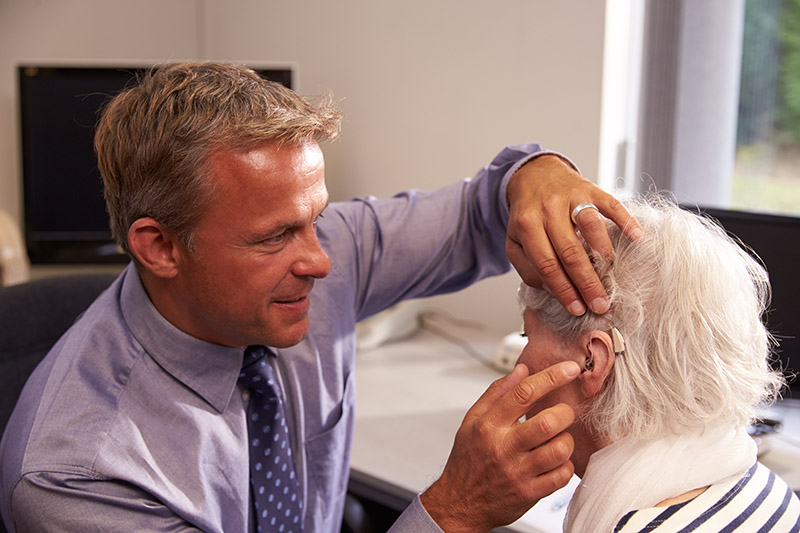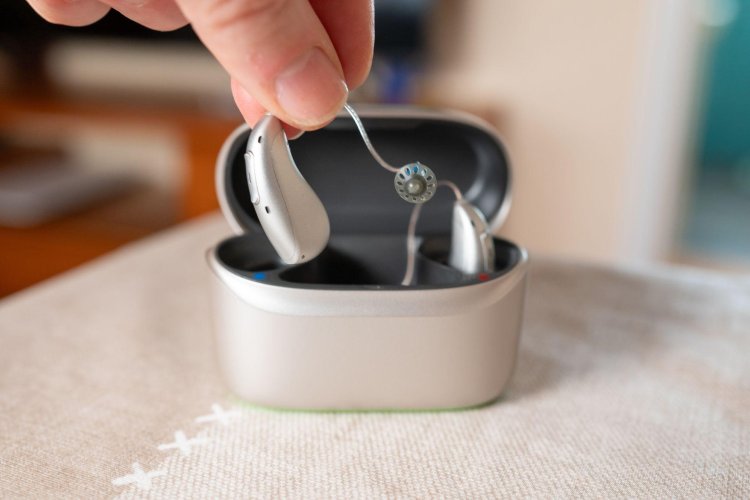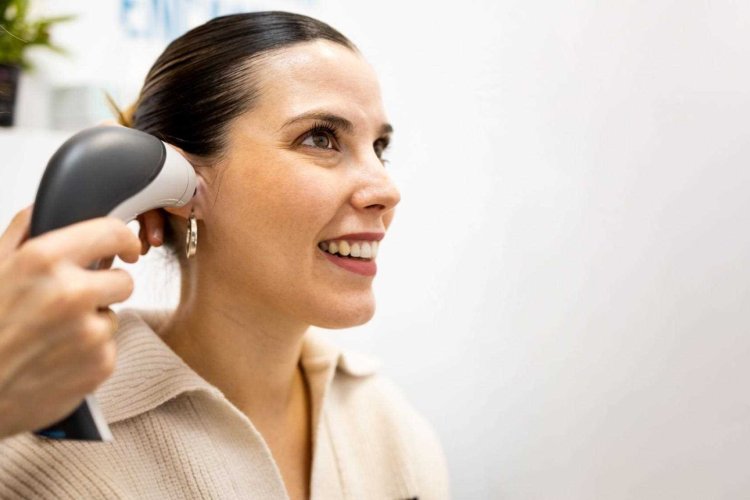There are four types of hearing loss. These are the Auditory Processing Disorder, Sensorineural Hearing Loss, Conductive Hearing Loss, and the Mixed Hearing Loss. Classifying it will help you sort out how severe or mild your hearing loss is or if it’s permanent or temporary. Let’s look further into the details:
Auditory Processing Disorders
The Auditory Processing Disorder occurs when the brain encounters a problem in processing sound-based information. This type of hearing disorder is mostly common among children.
Symptoms: Diagnosing early symptoms of ADP and having it treated sooner can help you or your child recover from it. Symptoms of ADP include: inability to point out where a particular sound is coming, difficulty in understanding speech, usually hear sounds one at a time in quiet environments and unable to recognize slight differences in sounds between words.
Treatment: Patients with mild ADP receive treatments such as environmental modifications, language-building exercises, auditory-memory enhancement and auditory integration training. ADP could lead to speech and language delays if not treated sooner.
Sensorineural Hearing Loss
Sensorineural Hearing Loss is a result of a damaged cochlea or auditory nerve and can be permanent. Typical causes of this are diseases (i.e. Meniere’s disease), heredity, presbycusis and accidents, exposure to loud noises, chemicals and medical conditions. Damaged cochlea or auditory nerve prevents the sound information-carrying nerves from accurately sending the electrical information to the brain.
Symptoms: People with Sensorineural Hearing Loss experience difficulty in following conversations by two or more person, noises may appear either too loud or too quiet for them, certain speech sounds are hard to determine, their speech seem slurred, they have a feeling of being off-balanced or dizzy (vertigo), and might hear consistent buzzing or ringing in their ears (tinnitus).
Treatment: There is no medical treatment for Sensorineural Hearing Loss. Cochlear implants or hearing aids are the best treatment options for it. For a complete hearing solution, you can also opt for assistive listening devices and captioned phones.
Conductive Hearing Loss
Conductive Hearing Loss is a result of an obstruction either within the outer ear or middle ear, preventing sound from passing to the inner ear. There are different causes of Conductive Hearing Loss. On the outer ear, the usual causes are ear canal narrowing (stenosis), exostoses, wax build-up, swimmer’s ear (otitis externa) and foreign bodies inserted into the ear. If it occurs in the middle ear, the causes are thickening of the tympanic membrane (tympano sclerosis), middle ear fluid build-up (otitis media), Eustachian tube blockages, otosclerosis, tumor and ossicular chain discontinuity caused by trauma or injury.
Symptoms: People suffering from Conductive Hearing Loss has difficulty with loudness of sounds, hears better with the other ear, pressure sensation in either or both ears, feels that their voice is louder than usual and odor emanates from their ear canal.
Treatment: Mild Conductive Hearing Loss such as wax impaction or infections medically or surgically treated. Worse situations like stenosis, exostoses and otosclerosis need device implants like bone-conduction hearing aids, bone-anchored implantable devices or middle ear implants.
Mixed Hearing Loss
The presence of both Conductive Hearing Loss and Sensorineural Hearing Loss lead to Mixed Hearing Loss. The more conductive factor will deter whether it's permanent or temporary. It happens when one hearing loss coexists with the other.
Symptoms: If you have mixed hearing loss, you’ll experience symptoms of both conductive and sensorineural hearing loss. If you find it hard to identify which is more prevalent, better have your audiologist diagnose your ears.
Treatment: Treatment options will depend on the more conductive symptom. The audiologist will decide if you’ll be needing surgery, medical treatment or implant. Identifying your hearing disorder will help you understand its causes and preventive measures. Don't take mild symptoms for granted. If you feel you or loved ones need assistance with problems regarding hearing loss, contact us at Beltone South or give us a call at (888) 906-5246. Our friendly staff will provide you with informational hearing screening and assist you with any concerns regarding hearing loss.






